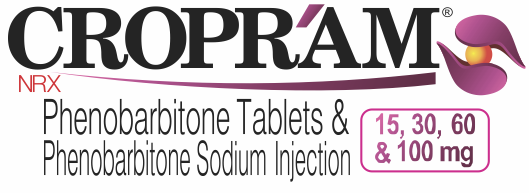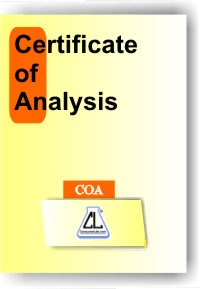|
|
PRECAUTIONS
General
Phenobarbital may be habit forming. Tolerance and
psychological and physical dependence may occur with continuing
use. (See ADVERSE REACTIONS: Drug Abuse and Dependence.)
Phenobarbital should be administered with caution, if at all, to
patients who are mentally depressed, have suicidal tendencies,
or a history of drug abuse. Elderly or debilitated patients may
react to Phenobarbital with marked excitement, depression, and
confusion. In some persons, phenobarbital repeatedly produces
excitement rather than depression.
In patients with hepatic damage, phenobarbital should be
administered with caution and initially reduced doses.
Phenobarbital should not be administered to patients showing the
premonitory signs of hepatic coma.
Laboratory Tests
Prolonged therapy with phenobarbital should be accompanied by
periodic laboratory evaluation of organ systems, including
hematopoietic, renal, and hepatic systems (See General - above
and ADVERSE REACTIONS.)
Carcinogenesis
Human-data: A retrospective study of 84 children with brain
tumors matched to 73 normal controls and 78 cancer controls
(malignant disease other than brain tumors) suggested an
association between exposure to barbiturates prenatally and an
increased incidence of brain tumors.
Pregnancy
Teratogenic effects: Pregnancy Category D. (See WARNINGS Use in
Pregnancy.)
Nonteratogenic effects: Reports of infants suffering from long-
term phenobarbital exposure in utero included the acute
withdrawal syndrome of seizures and hyperirritability from birth
to a delayed onset of up to 14 days. (See ADVERSE REACTIONS:
Drug Abuse and Dependence.)
Labor and Delivery
Hypnotic doses of phenobarbital do not appear to significantly
impair uterine activity during labor. Full anesthetic doses of
phenobarbital decrease the force and frequency of uterine
contractions. Administration of sedative-hypnotic phenobarbital
to the mother during labor may result in respiratory depression
in the newborn. Premature infants are particularly susceptible
to the depressant effects of phenobarbital. If phenobarbital is
used during labor and delivery, resuscitation equipment should
be available.
Data are currently not available to evaluate the effect of
phenobarbital on the later growth, development, and functional
maturation of the child.
Nursing Mothers
Caution should be exercised when phenobarbital is administered
to a nursing woman since small amounts of phenobarbital are
excreted in the milk.
If you do not have the Acrobat Reader installed on your computer,
download the plug-in and simply follow the instructions for
installation. It is available without charge from Adobe®.com.
This link is provided as a convenience. Taj Pharma is not
responsible for the content of this linked page.

|
|






